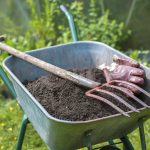



The bacterial world has an essential influence on the health of soil, plants, humans and animals. Bacteria do not act in isolation. They need their community, consisting of different species of bacteria. Only in the coordinated community can they master their work of maintaining healthy life. Everything organic is decisively controlled by bacteria.
What happens to the bacteria in the soil?
Bacteria need diversity in the soil. They work most effectively in a group – together with other bacteria of other genera they form a functioning team that supports life. If we isolate them and prevent their diversity, they cannot work effectively.
Pesticide application and planted monocultures upset the natural bacterial life in the soil. However, soils need this in order to produce healthy plants. If we disturb the bacterial balance in the soil of a field, for example, we will feel it in the quality of the plants that grow in it. However, healthier soils with active soil life have better water balance, improved soil structure and have a greater capacity in nutrient storage.
In the end, it should be remembered that our food can only be as healthy and nutritious as the soil in which the raw material, the plant grows.
Thereby, communitized microorganisms offer ecological solution possibilities for both conventional and organic agriculture to significantly promote the bacilli balance in the soil and to strengthen plants.
Does this also apply to our garden at home?
Ultimately, this described problem can be related to every area of life. If we use fertilizers, keep away all “weeds" and build “rock gardens", we also upset the bacterial balance in our home garden or have a decisive influence at the expense of the microbial diversity of the soil life. This also prevents plants from growing healthily. Pests are not always a problem of the pest itself, because it is only looking for a habitat, it is rather the problem of the plant and the soil. This is because the pest always finds a living space where it is ideally suited to it. If the plant shows degradation processes, this makes it easier for the pest to increase them. If we keep the soil and the plant healthy, the pest will look for other areas of the garden or in the forests that are easier for it, where it is also “needed" in the food chain. A healthy, vigorous plant, which grows from a healthy soil, attracts these pests to a lesser extent.
Optimal for a naturally diverse soil life is, for example, a permaculture in the garden. The soil is also covered year-round as part of the principle to retain moisture and thus be protected from drying out. Another advantage of permaculture is to place plants in neighborhoods that benefit each other. This interaction improves the soil, the plants do not take away each other’s nutrients from the soil and may even keep each other’s pests away.
Even a coordinated mixed culture keeps the garden healthy for the above reasons. However, sometimes such an approach is not the appropriate means for the user to promote soil life and for a variety of reasons – balcony or being restricted to potted plants is the most obvious, for example.
What do I need the communalized microorganisms for?
A bacterial imbalance in the soil, in or on the plant is also felt by the plant itself. The use of products with microorganisms, which are adapted to the care of the soil and the plant, can naturally help to prevent bacterial imbalance or to accelerate the establishment of the equilibrium, e.g. after a chemical treatment. They can also be used purely as a starter aid for planting a new bed or building a new compost at the beginning of the season itself in the healthy, magnificent gardens.
“By selectively inoculating starter cultures of communitized microorganisms from soils and plants in gardens, orchards and croplands, plants grow healthier and as higher quality food, or feed, and last longer as crops. In combination with a sufficiently large amount of organic matter, as is often the case in gardening and home economics, but also in agriculture, the indispensable humus build-up of our cultivated soils can be accelerated and sustainably stabilized over time with communalized microorganisms. Plants also feed mainly through their roots on living protozoa, soil fungi and soil bacteria. This process is scientifically called endocytosis. MicroVeda microorganisms are the ideal feed base for this."
Quellen:Pommeresche, Herwig: Humussphäre – Humus, ein Stoff oder ein System?. OLV Verlag, Xanten, 2. verbesserte und erweiterte Auflage 2018,Rateaver, Bargyla: Rateaver, Gylver: The Organic Method Primer. UPDATE, 1993; The Basics. 1994
Why MikroVeda Microorganisms?
MikroVeda does not simply propagate the bacterial strains. MikroVeda stands for proven formulations from decades of experience with communalized microorganisms. Thus, the focus is on a gentle, coordinated fermentation and the effective combination of microorganisms for the respective area of application. Our ingredients are certified organic, gently fermented and have delighted numerous customers – as well as your soils and plants – for many years.
Popular posts
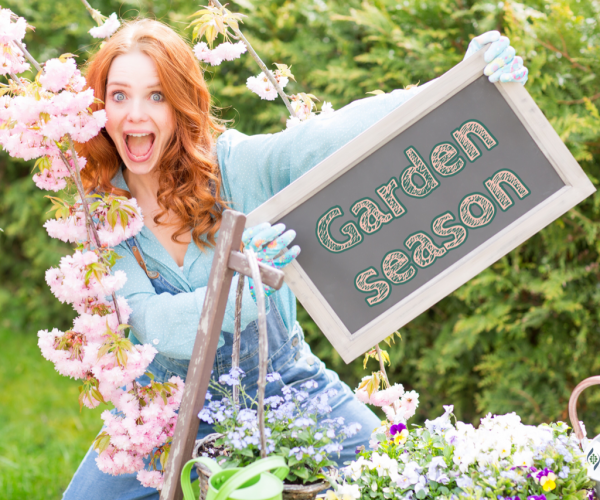
Garden start March-April in Germany: What to do now?
The first rays of spring sunshine and it draws us garden friends out into the green. Since there is not…
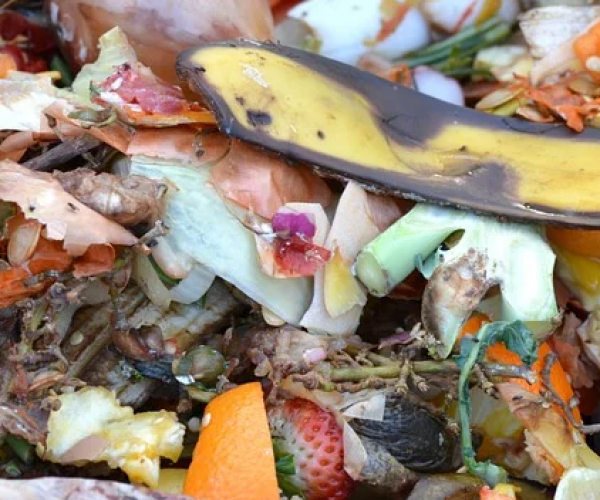
Kitchen bokashi, brand home production
What is Bokashi and why is it recommended to make Bokashi yourself? Bokashi loosely translated means “all sorts of things”…
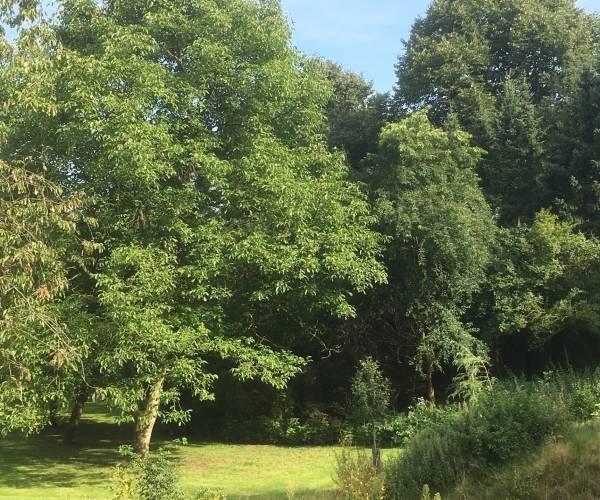
Create a permaculture garden step by step
You are interested in natural gardening and have already heard of the term permaculture? With a permaculture garden you are…
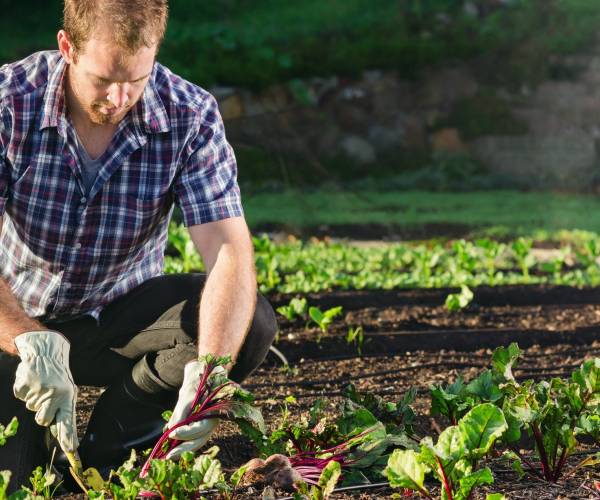
Good neighbors, bad neighbors
Mixed cultures Anyone who has tried their hand at a vegetable patch knows a thing or two about how some…
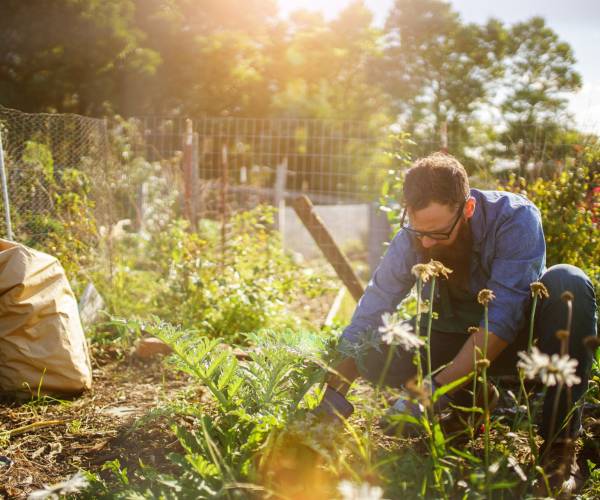
Plant care with microorganisms using the example of flowers and vegetables
In the following, we have briefly and concisely described what microorganisms can effectively do in the garden and where they…
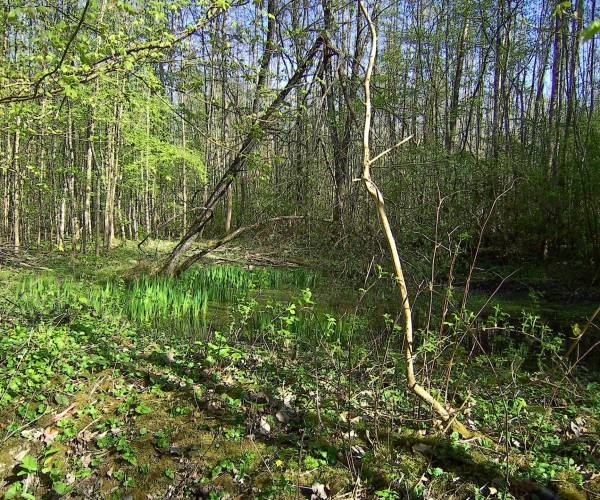
Microbes as biotope – microorganisms promote soil life
All life is based on healthy microflora This was already recognized by our forefathers. Here in Germany, gardening and agriculture…
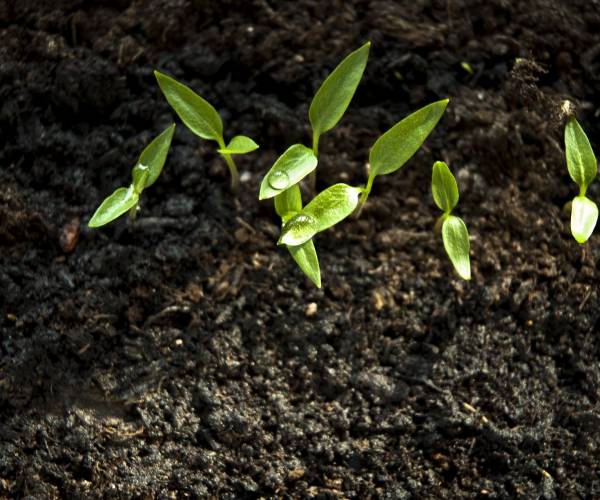
Terra Preta project in the municipality of Tönisvorst
Good bacteria at work for healthy soils and plantsThe first weekend of September 2020 was the day. In a first…
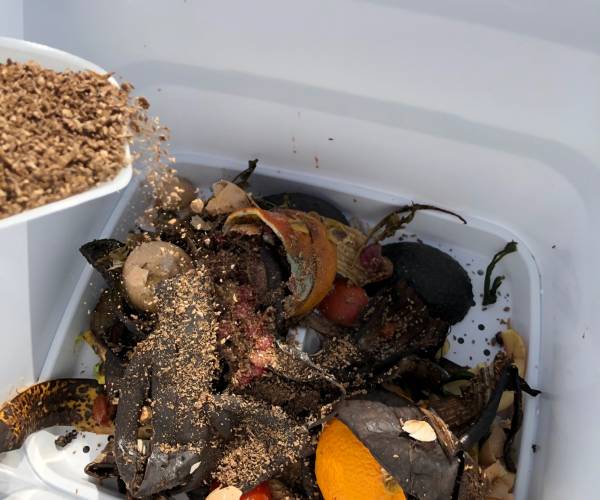
How to do your own bokashi
How can I promote the formation of good bokashi? Vegetable waste should be well chopped so that the conversion is…

